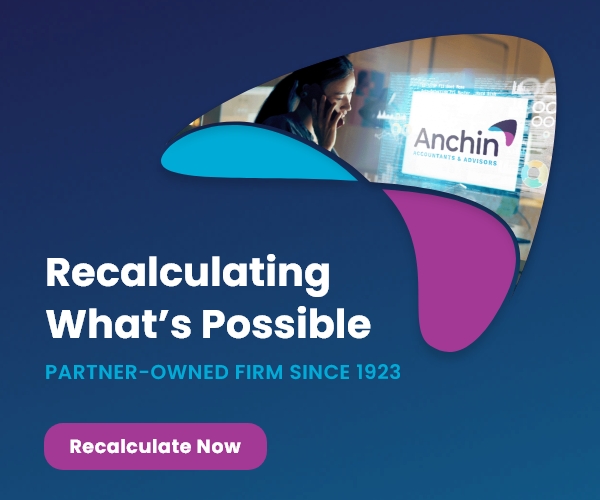In a recent presentation, we had the opportunity to learn from Mark Hoff, who, with his 25 years of consulting experience and a focus on the finance sector, provided some much needed insights on sustainability disclosure. Hoff, based in Frankfurt, is an engineer and holds an MBA. He has a wealth of knowledge from working with different sectors including banking, insurance and asset management. His specialty lies in sustainability consulting where he guides an array of multinational financial institutions.
Hoff discussed the crucial role of sustainability, including ESG, financial, and non-financial disclosures. He shed light on the evolving responsibilities of finance teams in sustainability consulting and the importance of having a deep technical knowledge. A central point of his presentation was the significance of reporting, compliance, and value creation in sustainability efforts. Hoff gave specifics on reporting climate finance, managing ESG risks, enterprise risk management and touched on the regulatory landscape. In this context, he mentioned the Corporate Sustainability Reporting Directive and other guidelines. Furthermore, Hoff outlined trends in sustainability disclosure, emphasizing the growing importance of data, digitalization, and transparency.
Mark’s presentation touched on:
- The vital role of disclosure in the context of ESG (Environmental, Social, Governance) is discussed by Mark, setting the tone for the whole presentation.
- The evolving face of finance teams is highlighted by the speaker, bringing in focus the increasing need for comprehensive technical knowledge in sustainability reporting.
- Drawing our attention to the sphere of reporting, Mark enlightens on its significance involving sustainability issues, risk management, and value creation in the finance sector.
- The regulatory landscape of the financial sector is explored by the speaker, delving deep into the Corporate Sustainability Reporting Directive and related compulsory disclosure requirements.
- Finally, Mark Hoff points out the current trends in sustainability reporting – digitalization, increased transparency, and the unavoidable importance of data.
Some key takeaways from the presentation are:
- Importance of Disclosure: Hoff stresses the primacy of disclosure across the board – ESG, financial, or sustainability. He brings out the links between disclosure and compliance, and how finance teams can play a pivotal role in driving sustainability initiatives.
- Regulatory Landscape: Mark Hoff explores the regulatory universe, bringing in focus the Corporate Sustainability Reporting Directive and the Basel Committee’s Pillar 3 requirements. He elucidates on the urgent need for firms to report on ESG risks, enterprise risk management, and steps towards mitigation.
- Current Trends in Sustainability Reporting: Hoff highlights emerging trends – digitalization, transparency being the new norm, and the weight of data in sustainability reporting. He discusses the impact of greenwashing and the repercussions of releasing false information in disclosures.
After Hoff’s presentation, a lively discussion took place on the practicalities of sustainability reporting, how technology aids in data collection, and the effects of regulatory requirements. The challenges in capturing qualitative information and estimating data for reporting were particularly highlighted, along with verification and assurance in sustainability reporting—a theme which aroused concerns about its impact on businesses.
Mark Hoff’s presentation throws light on the crucial role of disclosure in sustainability reporting, particularly within the finance sector. With valuable insights into the regulatory requirements, key trends, and the criticality of data accuracy in reporting, the presentation serves as a comprehensive guide for finance professionals. In conclusion, we would like to extend our heartfelt thanks to Mark Hoff for sharing his vast expertise and thought leadership in this important domain. His extensive experience and insights give businesses a clear understanding of what to prioritize in their sustainability goals.






















